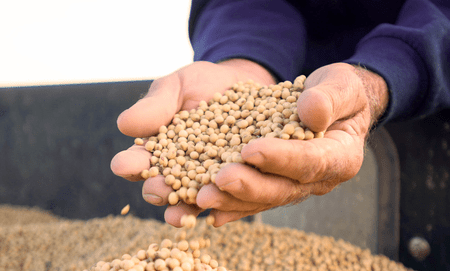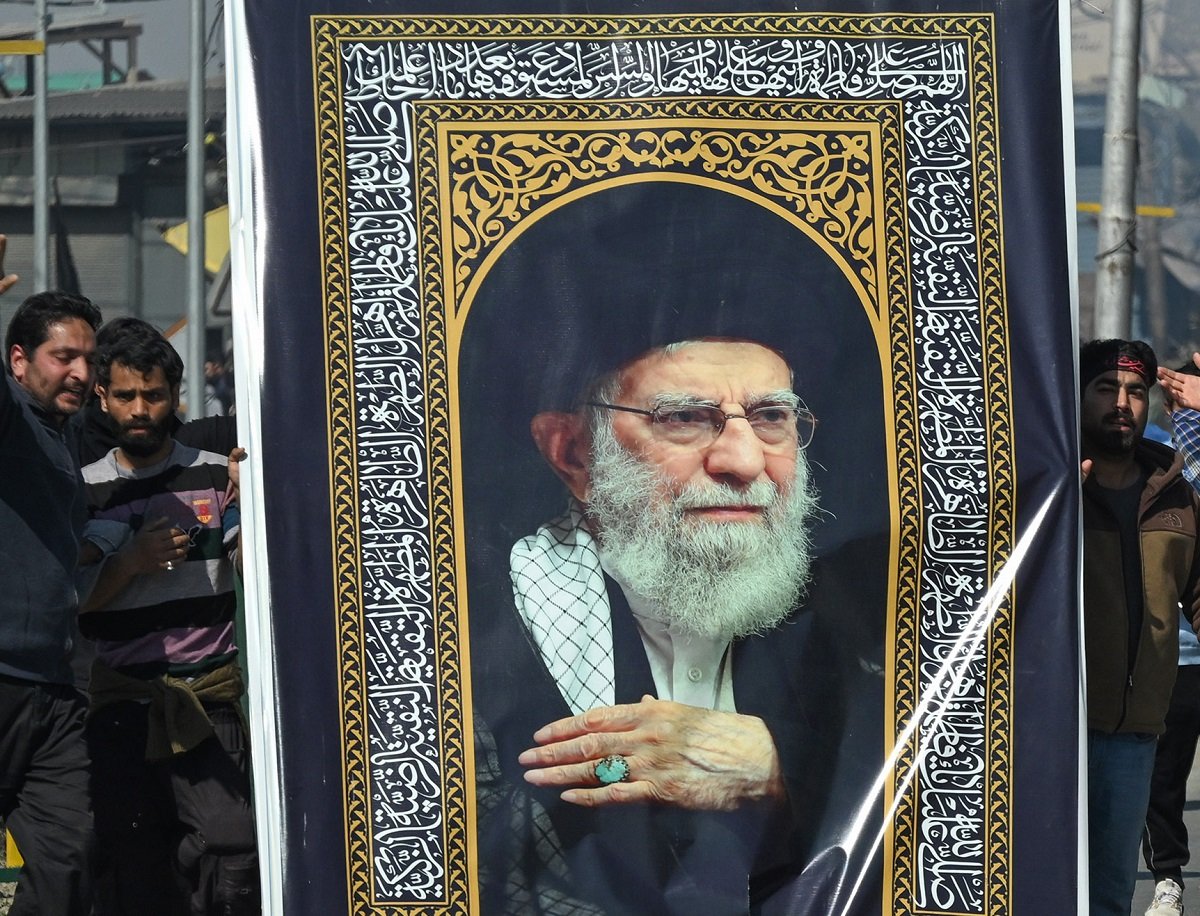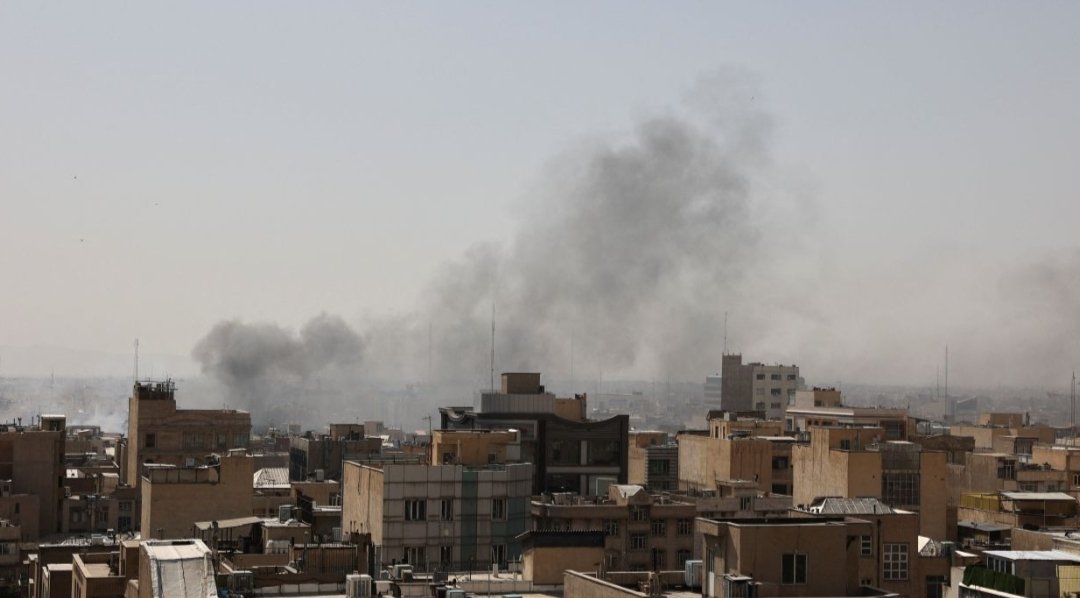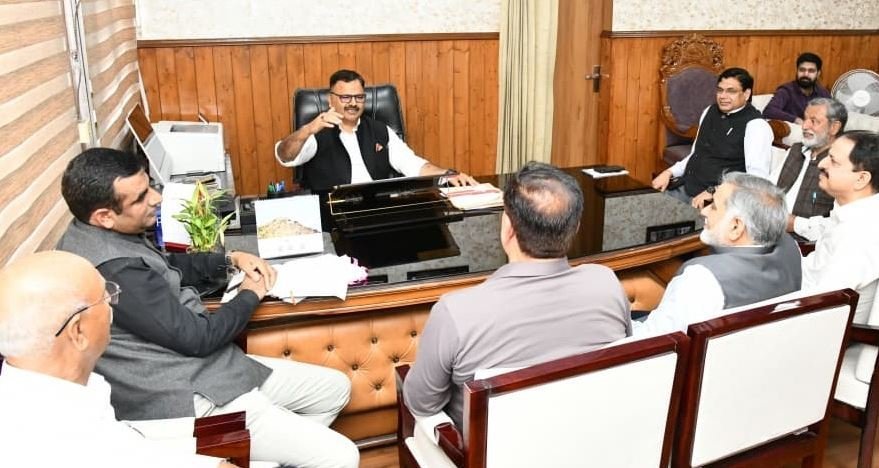New Delhi, Oct 22 (IANS) After Washington imposed steep tariffs on trade partners, American farmers are facing several constraints, including increased costs, shifting markets, and mixed impacts on different agricultural sectors.
“The long-term consequences of trade wars on US agriculture remain concerning, as shown by how China permanently shifted soybean imports from the US to Brazil following the previous trade war, despite temporary government assistance to affected farmers,” predicted a report published in April this year by the public policy think tank American Enterprise Institute.
In his first term as the United States President, Donald Trump had initiated almost similar protectionist trade measures, which led to trading partners slapping retaliatory tariffs.
Once again, China has decided not to buy US produce like soybean, American corn, etc.
In 2024, Beijing purchased almost half of America’s soybean exports. Now, it is sourcing its requirements from other nations like Brazil and India.
For American corn, while China bought products worth $5.2 billion in 2022, the value fell to about $331 million in 2024.
Overall, US corn exports fell from $18.57 billion to $13.7 billion in this period, said trade reports.
The situation remains almost similar for other crops as well.
While demands in key markets are shrinking, production costs are rising. Though the United States Department of Agriculture (USDA) has allocated $10 billion under the Emergency Commodity Assistance Program, farmers continue to face uncertainty.
According to reports, the US agricultural trade deficit reached $28.6 billion in the first half of 2025, indicating a significant imbalance in its trade.
Meanwhile, prices of machinery have been increasing through the years, labour has become expensive, and the unpredictable weather has been affecting crop yield.
Unlike in India, American farmers do not benefit from subsidies on fertiliser, electricity, or water. Also, they do not get government support in buying their crop and storing it, as do their Indian counterparts.
Thus, apart from penalising India for buying Russian oil, Washington is putting pressure on New Delhi to open its agriculture sector to American farmers in the bilateral trade negotiations.
India protects its farmers against foreign agricultural products, despite international pressures, for a number of reasons that include economic, social, and strategic issues. New Delhi’s stance is not anti-trade; it is pro-farmer.
Around 50 per cent of the country’s workforce is engaged in agriculture, where about 89 per cent are classified as marginal and small – owning less than 2 hectares of land. This vast majority lacks the scale, technology, and subsidies that foreign producers possess. Thus, opening the market to cheap imports will hit them hard, cutting their income from large-scale foreign producers.
Therefore, India maintains moderate-to-high tariffs on agricultural imports to shield domestic farmers from subsidised foreign goods. Such tariffs are adjusted based on crop cycles, global prices, and domestic supply.
Now, through a bilateral trade agreement, the United States intends to target India’s market for specific crops and agricultural products like soybean, American corn (maize), cotton, dairy and processed foods, among others.
–IANS
jb/vd
Disclaimer
The information contained in this website is for general information purposes only. The information is provided by BhaskarLive.in and while we endeavour to keep the information up to date and correct, we make no representations or warranties of any kind, express or implied, about the completeness, accuracy, reliability, suitability or availability with respect to the website or the information, products, services, or related graphics contained on the website for any purpose. Any reliance you place on such information is therefore strictly at your own risk.
In no event will we be liable for any loss or damage including without limitation, indirect or consequential loss or damage, or any loss or damage whatsoever arising from loss of data or profits arising out of, or in connection with, the use of this website.
Through this website you are able to link to other websites which are not under the control of BhaskarLive.in We have no control over the nature, content and availability of those sites. The inclusion of any links does not necessarily imply a recommendation or endorse the views expressed within them.
Every effort is made to keep the website up and running smoothly. However, BhaskarLive.in takes no responsibility for, and will not be liable for, the website being temporarily unavailable due to technical issues beyond our control.
For any legal details or query please visit original source link given with news or click on Go to Source.
Our translation service aims to offer the most accurate translation possible and we rarely experience any issues with news post. However, as the translation is carried out by third part tool there is a possibility for error to cause the occasional inaccuracy. We therefore require you to accept this disclaimer before confirming any translation news with us.
If you are not willing to accept this disclaimer then we recommend reading news post in its original language.





